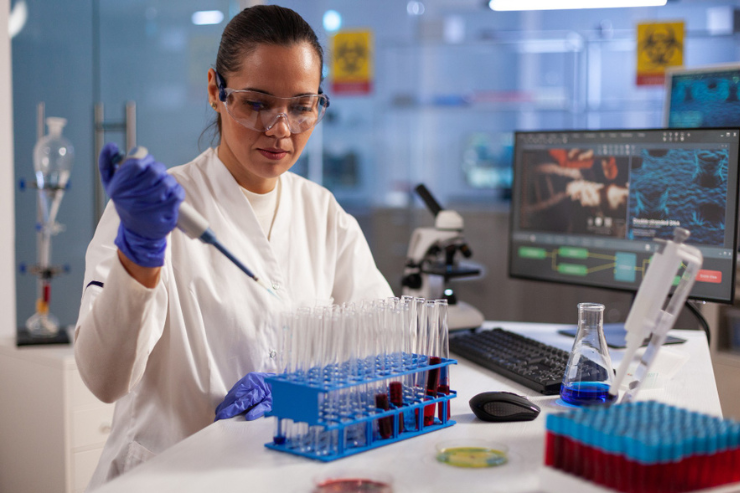- Phone : +91-9248437119
- Email : vsnmanne1970@gmail.com
- Opening Hours : 08:00AM to 09:00PM
Home > Serology

Understanding Serology:
Serology is a branch of medical science that focuses on the study of blood serum and its components to diagnose and manage diseases. It involves analyzing the immune response to infections, autoimmune disorders, and other health conditions by detecting antibodies and antigens in the blood. Serological tests are crucial for identifying the presence of specific antibodies produced in response to infections like hepatitis, HIV, and various bacterial and viral diseases. These tests help determine past or current infections, evaluate immune system function, and guide appropriate treatment and preventive measures.
The Role of Serology in Healthcare:
Serology plays a vital role in diagnosing and monitoring infectious and autoimmune diseases. By detecting antibodies and antigens, serological tests provide valuable insights into the immune status of patients and help identify infections that may not be apparent through other diagnostic methods. These tests are essential for confirming diagnoses, assessing the effectiveness of vaccinations, and screening for conditions that could affect overall health. Serological evaluations also support public health efforts by tracking disease outbreaks and understanding immune responses in populations.